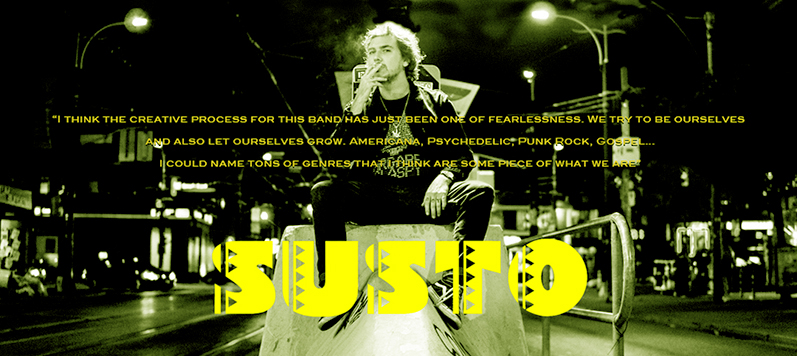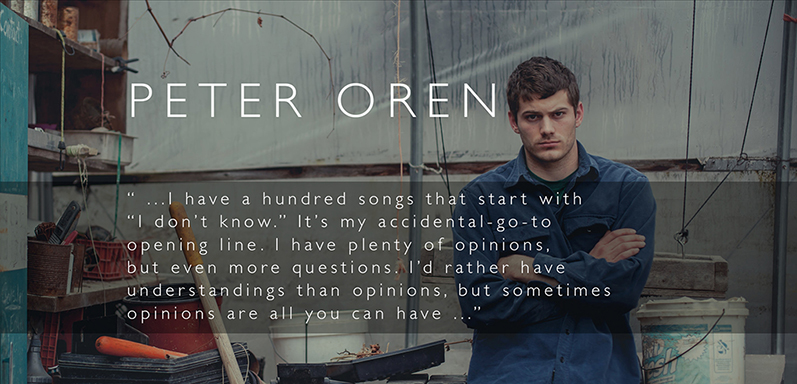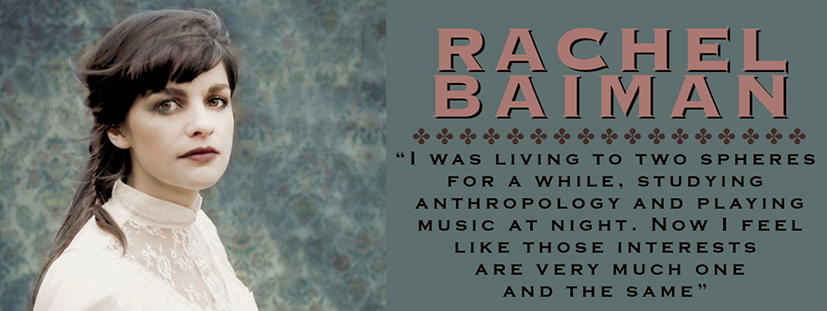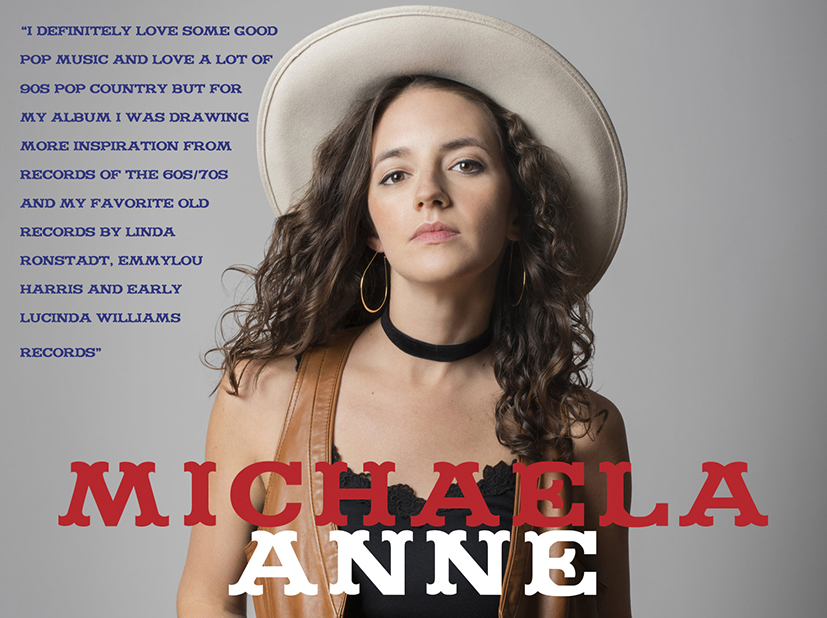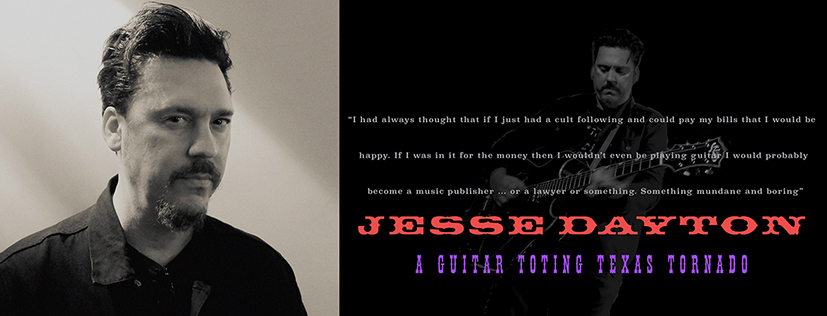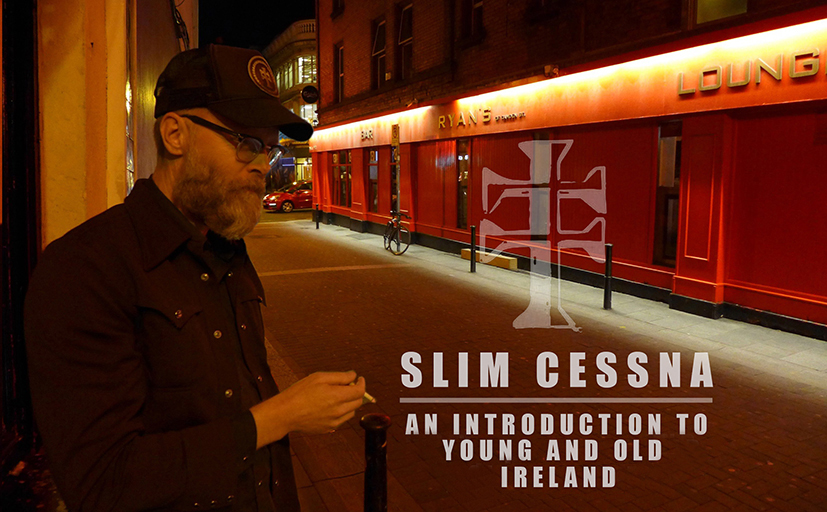
Lonesome Highway’s last encounter with Lera Lynn was spending time with the Nashville based artist in 2016 before she performed at Whelans in Dublin, her first appearance in Ireland. That tour was on the back of her album Resistor, a body of work that followed her appearances in the TV crime drama True Detective and continued Lynn’s intentions to explore various musical directions. Her latest album Plays Well With Others (reviewed elsewhere on this site) was equally challenging and adventurous, searching out co-writers among the Nashville music community and finding the space to write and record, given the hectic work schedules of both herself and her collaborators. Lera took the time out to discuss the concept and creation of the album, having just come off a five date mini tour of the album which included performances at Athens Georgia, New York, Virginia, Pennsylvania and finally the official album launch in Nashville.
Where did the idea for a duets album come from?
The idea just came into my head one day and it wasn’t kind of a priority at that time. I just chipped away at it and eventually I had enough songs for the record.
How long did it take to write and record?
It was about a year of writing, whenever I was home and the other writers were home and we recorded it in just over a week.
The selection of artists includes talented emerging artist from the Nashville musical community together with some more established names. Andrew Combs and Dylan LeBlanc were particularly inspired choices. How did you handle the selection process?
I thought "who would I love to sing with, who would I love to write with." Everyone was a friend through music, playing together, touring together and people that I hit it off with personally and artistically. I have a lot of respect for Andrew and Dylan and had admired their work and wanted to work with them in some way. So we ended up collecting songs and it took shape from there.
And how did the connection with Rodney Crowell come about?
Well, I met Rodney back at a show he was playing with Sheryl Crow and he told me that my manager had sent him my CD’s and he had been driving around for months with them on rotation in his car and he said "you know you’re a poet (laughs)." I was floored by that but took it as an opportunity to ask him could we write together! He was very kind to me, In fact the song that we wrote together was the first duet that I’d ever written. He showed me the ropes and I carried that spirit through all the other co-writes.
Did you set down a common thread in the writing process for the others to follow?
No, and that was really important to me that the songs did not come across as songs for Lera written with some other person. It was important to me that the style of the other artists showed through.
The selection of collaborators really work as duet albums can go one way or the other. There is a consistency throughout in as far as it sounds like an album rather than nine individual tracks?
Well I’m really glad to hear that as it’s a challenge to make a record that feels connected when there are so many artists involved. The style does vary a lot from song to song but one method that I thought might help was to restrict the production to acoustic instrumentation. It was difficult for me to do that because I love electric guitars, keyboards and fun sounds but I felt that if we limit every song in this way they will connect. Though when I listen to the record it does not actually strike me as being an acoustic record which it obviously is!
How did the connection with John Paul White come about and the idea of co-producing with him?
Well, we toured together and I think I asked him to sing Almost Persuaded with me and that was how the relationship started. He’s a great singer and I really wanted to do a duet with him. He loves that song and when we were touring together I told him I was working on a duets record and that I’d love to come down to Florence, Alabama and write a duo with him. He said he’d love that and why not come down and we’ll make the record together at my place in Florence.
And the album took only just over a week to record?
Yes, we had the band there for a few days and got a few singers down for a couple of days and then Ben Tanner mixed it.
Do you intend touring the album and what format would that take in terms of the musicians that would accompany you?
Well, we’ve just done a tour which was a challenge as most of the artists on the album also have their own records out or are writing records and it’s also incredibly expensive. We didn’t have everyone that appears on the album on all the tour dates. John Paul and Bradley Adams did some shows and we did meet up with Dylan and Andrew for some shows. John Paul stood up and took over the roles of some of the people who couldn’t be present at some shows and likewise Peter Bradley Adams. There are songs from the record that I can do without a duet partner but the album is not really meant to be toured, it’s not really possible.
You launched the album on June 22nd at 3rd & Lindsley in Nashville. How did that go?
It was amazing, surreal. It was a two hour long show which might not seem that long but it was one of the longer shows I’ve done. It was so much work, so much coordinating, rehearsals, the band, getting everyone on stage, the set list. The whole thing was filmed and we hope to release that soon as an archive. It was a lot of work but really fun and I wish we could do it all the time!
You included TV On The Radio’s Wolf Like Me, a song that you’ve been performing live for a long time on the album. A different dynamic that some of your previous versions of the song?
Exactly, that song has been lurking over my shoulder for years but I’ve resisted recording it for so long. Originally I made a quick video of it as a tribute to the bass player Gerard Smith’s passing and it felt wrong for me to record it at that time. Seven or eight years later people are still asking for that song so this seemed a good time to record it. Obviously I’ve grown a good bit as a musician and I wanted to do something a little different and I love the way that track came out its one of my favourites on the album.
Talking about those eight years, is it easier or more difficult to make ends meet these days?
It’s easier in some ways and more challenging in others. When you’re young and naive everything is fun. Oh my God we’re on stage, Oh my God we’re on tour and then one day you wake up and it’s Oh my God I’ve to pay rent, can I pay this bill, will I ever be able to start a family, how can this sustain me. As you have a little success it can become a little confusing as to what direction artistically you want to go without alienating some of your fans.
In hindsight how have your appearances in True Detective impacted on your career, has it been positive or negative?
Well I certainly saw a large jump in my profile right after True Detective and I still have fans coming to the shows saying ‘we discovered you through True Detective’ and that’s great. It’s been a few years since True Detective and life goes on, new things are happening. It was a challenge artistically following that project because I think a lot of people saw the show, heard the music and thought ‘oh this is who she is’, without realising that I was writing music for a particular character in a show, which is part of what I do anyway, that kind of dark stripped down theme. Though I did enjoy the challenge of making the Resistor record after that and creating something that satisfied myself, my old fans and new fans that discovered my music through the series.
The last time we spoke you expressed how much you enjoyed the acting role. Is that something you would consider exploring or one off?
Oh my God, I would love to do more acting and I have been approached about other acting opportunities that I hope will pan out. I expect it could be an all-consuming project for a while though and not just a side project.
Any plans to tour Europe in the near future?
Yes, we are going to be coming over in late November for about a month. Not officially announced yet and no date in Ireland unfortunately but we will be in England, Germany, Russia and Norway.
Scandinavia appears to be very much an emerging market for U.S. acts?
Yes. We will be over there touring with Thomas Dybdahl, a Norwegian artist. Funnily he and I also wrote a duet that will be on his record which will be out later this year. I wrote a couple of songs with him on the record that he made in L.A. and it was a really fun record to work on. I’ll be doing some shows with him and several of my own.
Next project. Are you thinking electric acoustic or have you any definite plans?
I have tried a lot of different tones and colour powers this year. The only thing I can promise you is that it will be different!
Interview by Declan Culliton Photograph by Alysse Gafkjen



